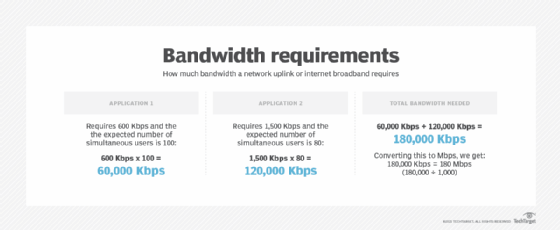Indefeasible Right of Use (IRU)
What is Indefeasible Right of Use (IRU)?
In telecommunications, the Indefeasible Right of Use (IRU) is a contractual agreement (temporary ownership) of a portion of the capacity of an international cable. As the name suggests, the contract provides an indefeasible right to use a cable and cannot be annulled or voided.
IRU contracts are specified in terms of a certain number of channels of a given bandwidth. IRUs can be executed for different communication systems, such as wire cable, fiber optic cable or satellite cable.
Generally, IRU agreements last for a specified number of years, usually about 25-30 years. For this term, the IRU owner acquires an unconditional right to use the relevant capacity of the IRU grantor's network for any legal purpose.
In return, during the specified period of time, the owner will have to pay a part of the operating cost and additional costs for maintenance fees for the cable system.

Large-scale internet service providers (ISPs) are typical IRU owners. This gives ISPs the ability to assure their own customers of international telecom service on a long-term basis.
IRU fibers are also referred to as dark fibers. Here, dark fiber means fiber between two locations that has no electronics attached to it. This needs to be lit by the IRU grantee rather than the cable provider.
See also: Routed optical networking tactic could be game changer






